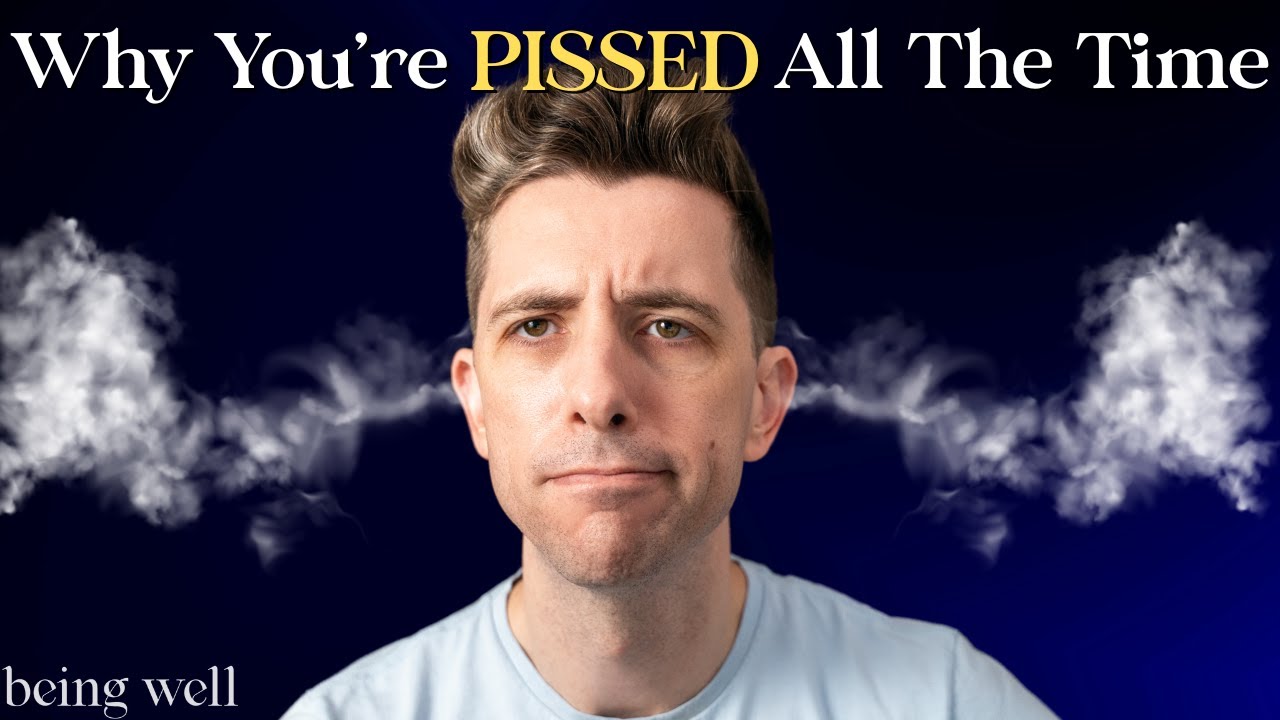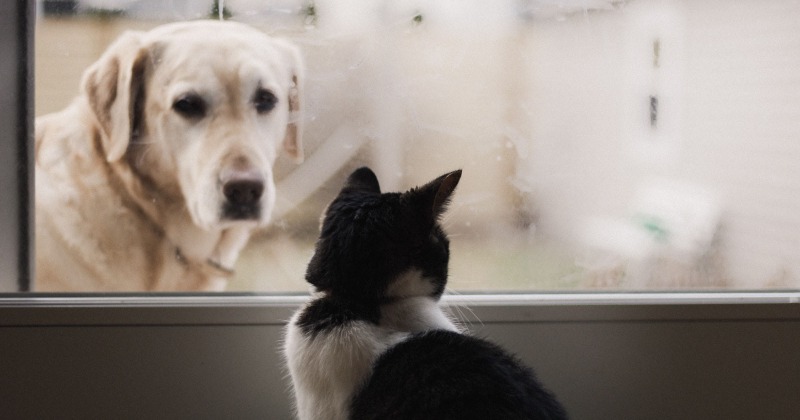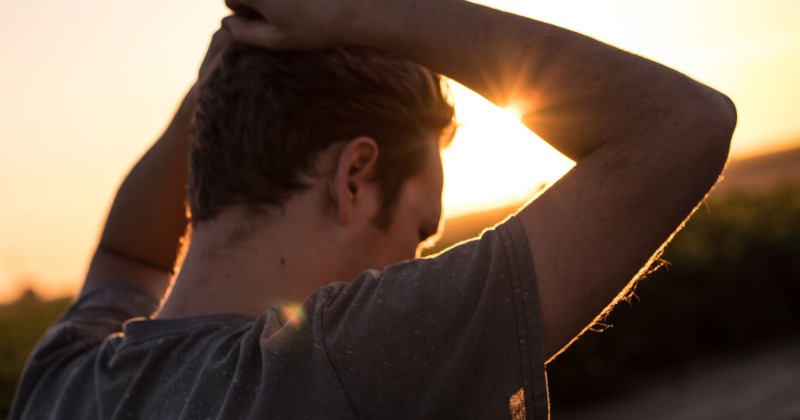From the Blog
Writings on Well-Being Dr. Rick Hanson

Being Well Podcast: The Psychology of Resentment: Over-Functioning, Repression, and Repair
Dr. Rick and Forrest unpack how resentment – rooted in feeling wronged and powerless – damages relationships, and share ways to move from rumination toward agency, communication, and repair.
Get these articles delivered directly to your inbox every week.
"*" indicates required fields
Emotional Hijacking
In light of the machinery of survival-based, emotional reactivity, let’s look more narrowly at what Daniel Goleman has called “emotional hijacking.” The emotional circuits of your brain – which are relatively primitive from an evolutionary standpoint, originally...
Be Friendly
Friendliness is a down-to-earth approach that is welcoming and positive. Being friendly feels confident and happy, with a positive take on other people, moving toward the world instead of backing away from it.
How Firmly Should You Pursue Your Intentions?
How firmly do you pursue your intentions? Neither too tight nor too loose a rein. As with the balance of the capital city and the provinces, it’s worth considering what your tendencies are and if there is an imbalance. For example, some of us hold onto our goals to a...
Friday Favorite
Here's little perspective for your Friday afternoon. Enjoy!
Patterns of Closeness and Independence
Intimacy and autonomy are independent dimensions, and it is their combination that counts. The qualities in each category, imperfectly summarized by a single word, characterize both types of individuals and, more importantly, states of mind we all transit: Integrated...
Friday Favorite
Resources for Happiness, Love, and Wisdom
Sila in Relationships
Here is the latest talk from the San Rafael Meditation group with Rick Hanson. It’s titled Sila in Relationships. More information on the San Rafael Mediation group can be found at https://rickhanson.net/teaching/meditation-group.
Inner Strengths
The following excerpt is from chapter one of my book - Hardwiring Happiness. You’ll find helpful guidance to deepen your understanding and practice with the material in the book with the reading guide - //rickhanson.net/books/reading-guides#Hardwiring-Happiness. A...
The Machinery of Upset
(Emotional) life is great when we feel enthusiastic, contented, peaceful, happy, interested, loving, etc. But when we’re upset, or aroused to go looking for trouble, life ain’t so great. To address this problem, let’s turn to a strategy used widely in science (and...
Here is the latest talk from the San Rafael Meditation group with Rick Hanson. It’s titled Ethical Impacts. More information on the San Rafael Mediation group can be found at https://rickhanson.net/teaching/meditation-group.
Intimacy and Autonomy Working Together
Intimacy and autonomy are channels for expressing your natural goodness. For example, being kind toward someone naturally involves both an affinity with that person and a certain autonomy for the kindness to be genuine. Besides its obvious rewards in everyday life,...
Here is the latest talk from the San Rafael Meditation group with Rick Hanson. It’s titled Beyond Delusional Fear. More information on the San Rafael Mediation group can be found at https://rickhanson.net/teaching/meditation-group.
Here is a talk by Rick Hanson from his Wednesday night sitting group in San Rafael, CA. More information on the San Rafael Mediation group is available at https://rickhanson.net/teaching/meditation-group.
Is the Intention a Goal or Already Realized?
Do you express the intention as a goal or as something already realized? This gets at a recurring question, even a debate, in Buddhism (and also in psychology and in some religions): Is it about progressing toward an enlightened state, or is it about uncovering the...
What is Mindfuless?
Q: So today I had a “bad moment” – got stressed and upset about a work situation. My first thought was to let go of the negative thoughts that were running in my brain by actively taking in the good. Then I wondered if that meant I was running away from (ignoring or...
Friday Favorite
First Aid Kit perform Patti Smith's "Dancing Barefoot" live at the Polar Music Prize awards ceremony 2011.
Emotion in the Brain
The major brain regions that support emotional processing include the limbic system – particularly the hippocampus, amygdala, and hypothalamus – and the prefrontal cortex, anterior cingulate cortex (ACC), nucleus accumbens, and insula. Technical note: there are two...
From Idea to Embodied Experience
This practice – From Idea to Embodied Experience– from page 92 in my book - Hardwiring Happiness – helps thoughts about a good fact become good feelings, sensations, desires and actions related to it: Be aware of your body as well as the good fact. Soften and open...
The Dance of Intimacy and Autonomy
Love tends to join and hate to separate, but joining is not the same as love, and separation is not hatred. Sometimes the most loving thing a person can do is take a step back: that’s distance in the service of attachment. And it’s not loving to join in invasive or...
Using Imagery to Change Your Brain
Q: Is there any evidence that just reading the words which describe an experience will bring activity to the corresponding part of the brain? A: There is a lot of fMRI research in which the prompt to the subject in the scanner is reading a text. Many of the texts used...
Expressing Your Intentions
Once your intentions are clear, the next question is: How to express them? There are many ways, including: As thoughts in your mind As an image In writing As a collage with words and images Through physical expression, posture, movement, dance As a sense of being When...

